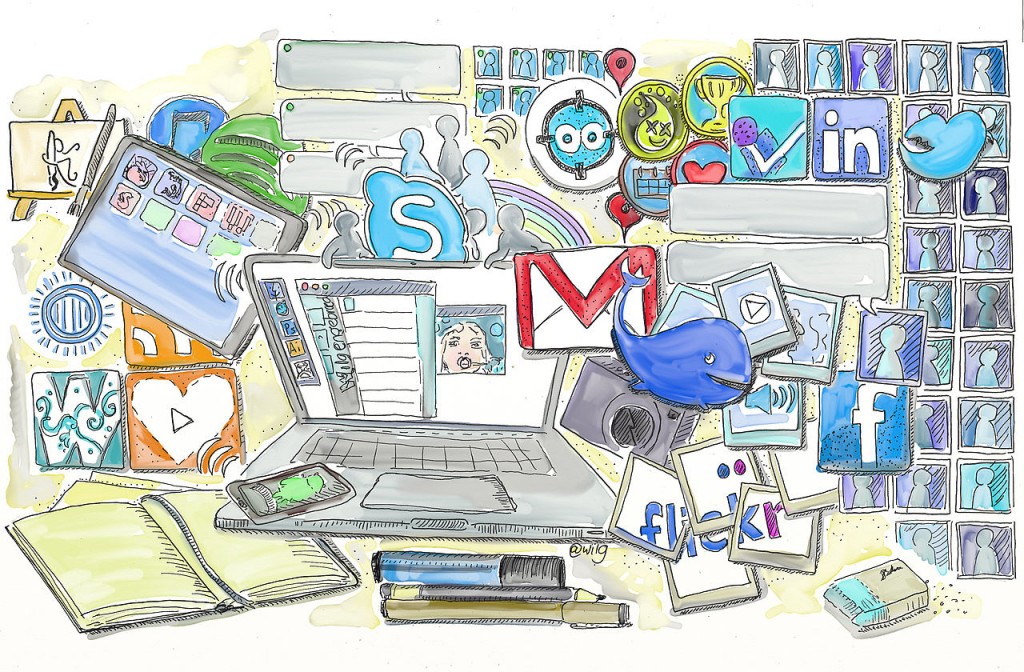Safer social networking: Part 1
Social networking is a global revolution that has completely transformed the way we communicate; enabling millions of people worldwide to stay in touch with their friends at any given time, and to share and exchange personal content, such as comments, images, and personal information. With the rise of social networking come serious questions of privacy however, as it becomes easier for individuals, organisations and employers to find out personal information about you, and the information posted on social media accounts may put you at risk from targeting by cyber-criminals.

Any online activity carries a degree of risk, yet the nature of social media means that each site has a massive database of users – the vast majority of which are unknown to you, and this mixed with the potential anonymity social media allows can create various security issues. Social media threads, messages, and forums are commonly used for phishing scams and posting malware and over-informative personal profiles may be used in identity theft. Other threats could include;
- Disclosure of personally identifiable information (PII) such as full dates of birth (DOBs), email addresses, contact details, addresses, National Insurance numbers etc. Users who willingly reveal information about themselves may be targeted by cyber criminals in identity fraud.
- Viruses and other malware attached to messages, comments, or threads.
- Online harassment; cyber-stalking, trolling (abuse which can include insults, offensive and distasteful comments, provocations, threats), targeting by harmful online groups, cyber bullying, cyber stalking, grooming etc.
- Hackers compromising your account.
- Unwittingly advertising that your house is empty by posting that you are away, thus opening up the way for burglars. Likewise, statuses which reveal your exact location could be exploited by stalkers.
- Posting inappropriate or offensive comments which can result in the closure of your account, or in extreme cases, dismissal from work or prosecution.
- Adding ‘unwanted’ history to your every-growing ‘digital trail’. Every online activity becomes a part of your online history; and content created by you on social media may be difficult to remove in the future, this can be especially problematic if the information is harmful to you or others in any way.

So how can we protect ourselves and practice safer social networking? Luckily, there are several simple steps we can take to protect ourselves online. In part 2 of this series we will go through some key points in guarding your online reputation, sensitive information and privacy on social networking sites.
See also Safer social networking: Part 2 & Safer social networking: Part 3
